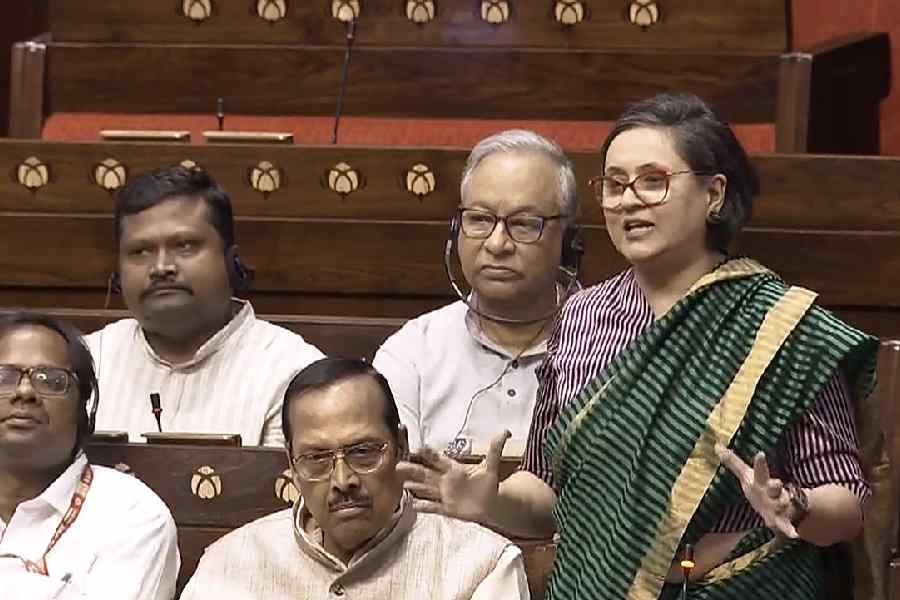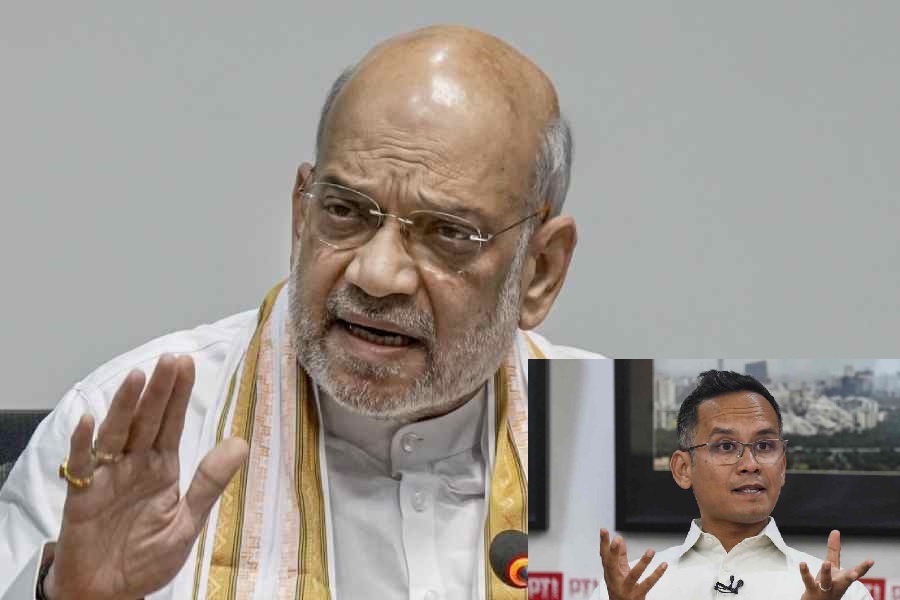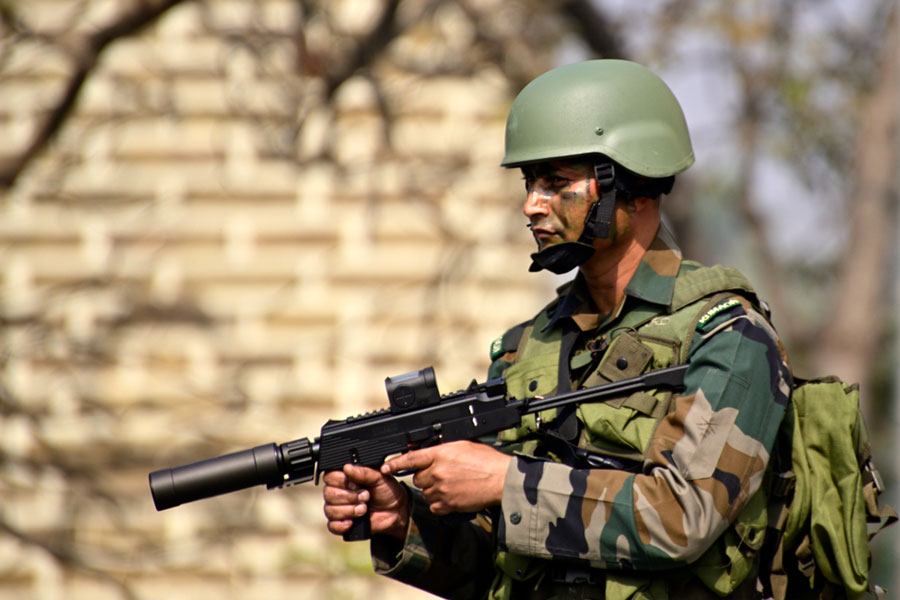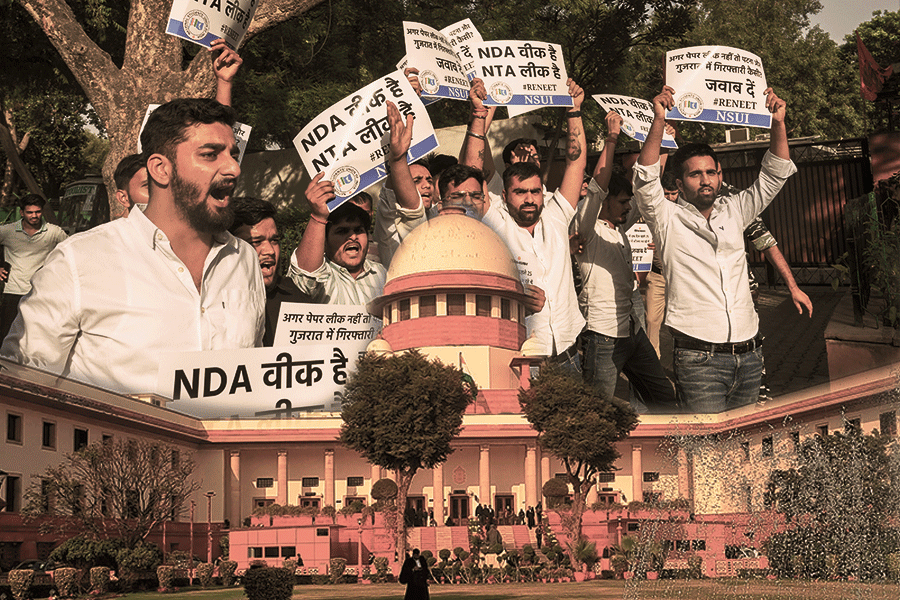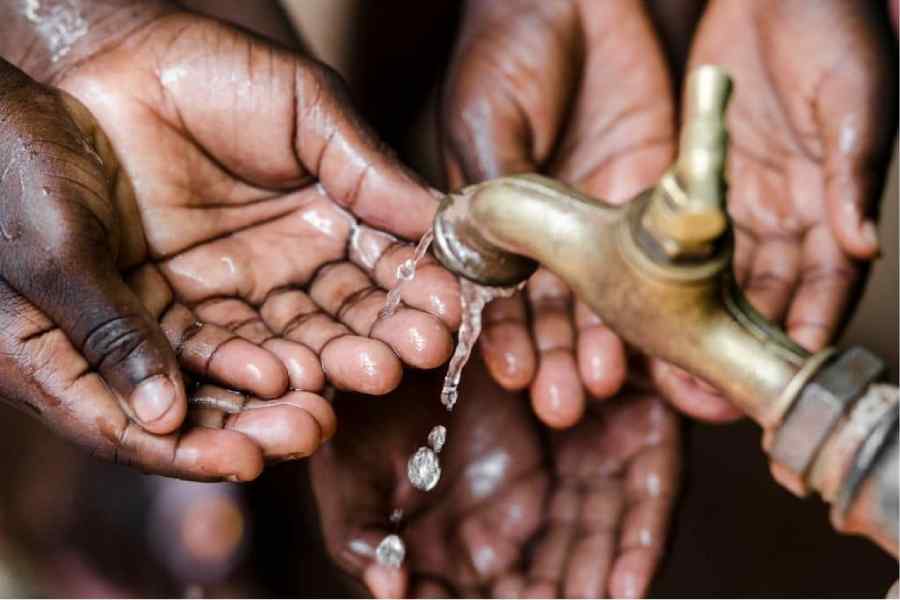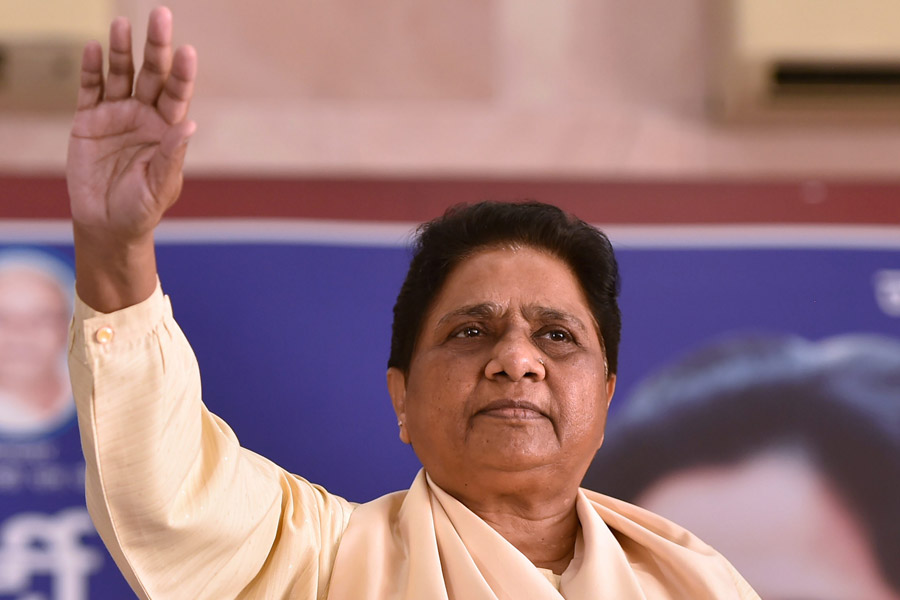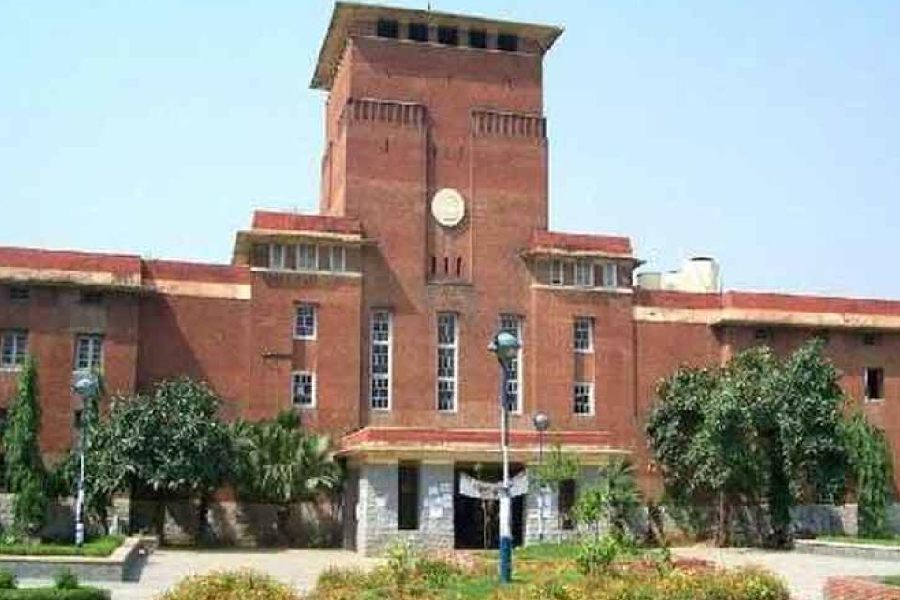In her debut speech in the Rajya Sabha late on Tuesday, Trinamul’s Sagarika Ghose accused the Narendra Modi government of encouraging “authoritarian populism” in the country.
In the 15 minutes that she spoke, the Rhodes scholar and former journalist listed out 15 examples of what she described as “democracy deficit” in the country, that included the NEET paper leak, Manipur, lynch mobs, attacks on the institutions and the delegitimisation of the Opposition.
“The electorate votes for the Opposition as well. How can those voted by the people be illegitimate?” asked Ghose towards the end of her speech. “Party system is attacked with allurements and inducements, parties are broken, governments are toppled, administrations are brought down. Nine governments in nine years. Khan Market Gang, Tukde Tukde Gang, Lutyens’ Gang – why this name calling, Sir? This is authoritarian populism.”
Ghose called out the BJP-led NDA government for what she said was its lack of empathy towards the suffering of the people, be it the students or the people living under the threat of CAA or railway victims.
“Empathy is a principle of good governance,” she said. “When 24 lakh students sat for the NEET, a desperate child takes an examination, finds the paper has leaked, loses that examination, goes on the street to protest and the education minister says this is a motivated protest; that the leak didn’t happen. Where is the empathy?”
The first-time Rajya Sabha MP also questioned the much-talked about BJP’s infamous “washing machine” aka the central probe agencies.
“Enforcement agencies become a washing machine, one side is always guilty, the other side is always innocent. The moment you switch sides you are deemed innocent. Among politicians 95 per cent of cases are against Opposition politicians since 2014. Twenty-five Opposition leaders facing probes have crossed over to the BJP and 23 of them have gone clean chits,” she said.
Citing the example of the mainstream media, of which Ghose was a part for three decades, the MP said an overbearing government was guiding, terrorising, muzzling, threatening journalists.
“Look at the mainstream newspapers, look at the television channels. There is one ideology that has a ferocious stranglehold. There is one school of thought that is predominant, a hidden hand is guiding the camera, a not-so hidden hand is guiding the journalist’s pen. What is happening to the media is that it has been captured,” she said.
“The media has been captured. Most of the legacy media cannot ask questions of the government any more. Sir, without asking questions, how can democracy breathe? Without telling truth to power, if journalists can’t tell truth to power, how can democracy get oxygen? Legacy media is getting suffocated in an airless, oxygen-less jail. When media is in jail, how can democracy survive?”
Ghose, who has written a book on Atal Bihari Vajpayee and one on Indira Gandhi, reminded the ruling BJP that their main ideologue and former prime minister, the late Vajpayee, had flourished as an Opposition leader during the era of Jawahar Lal Nehru.
“It was Nehruvian parliamentary democracy which made possible the emergence of Nehru’s rivals, this is the beauty of parliamentary democracy. Vajpayee was a critic of Nehru. Vajpayee was an ideological opponent of Nehru, and was given a stage and a platform.”
Ghose cited 15 examples of “democracy deficit”, including normalistion of hate speech and criminalisation of protest.

